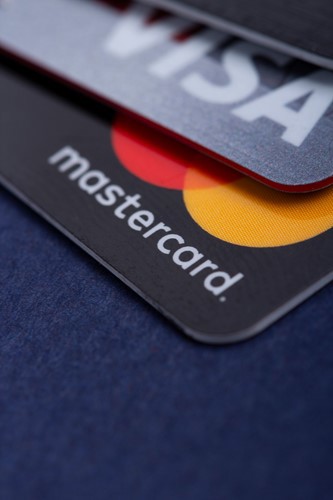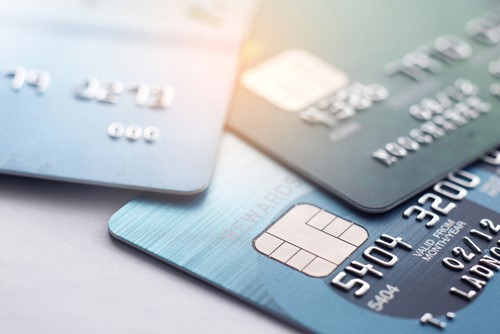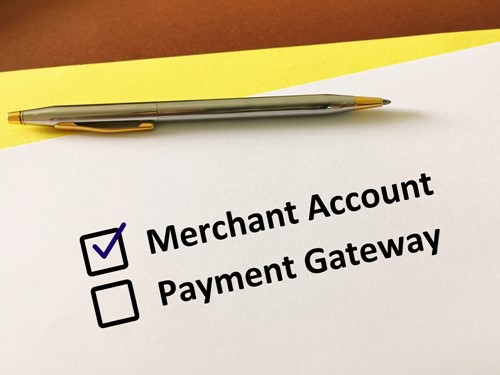Business accounts vs merchant accounts: What’s the difference?
Taking card payments makes transactions quick and simple for both customers and you as the business owner.
They’re more convenient, more secure, and create a more reliable audit trail of the payments you’ve taken through the day.

But for new businesses starting with card payments there is often some confusion about the accounts you need to accept card payments.
Many wrongly assume a business account is enough to accept a card payment as this is where the funds ultimately land once they’ve been approved.
This isn’t all you need though.
You also need a Merchant Account.
We get asked about the difference between a business account vs merchant account by many new business owners.
So we thought we’d put this quick guide together to help.
What is a business account?
Business accounts are simply bank accounts where your business’ money sits.
When someone makes a payment to your business, that money will eventually land in your business account. They work almost identically to your personal bank accounts.
Money comes in (when customers’ payments are cleared) and money leaves the account if you choose to spend or withdraw it.
Though you'll likely be required to pay a monthly fee to use a business account.


What is a merchant account?
We’ve heard a few business owners confuse their business account with a merchant account.
But there is a difference.
When a customer makes a card or digital payment, the funds initially sit in your merchant account before entering your business account.
The funds are essentially held in place until the merchant account provider has confirmed the customer has sufficient funds in their account to pay for their items.
Typically it takes a few days (up to three) for funds to clear into your account, although faster payment options mean you can be paid within a business day.
An easy way to sum this up is that a merchant account acts as the middleman of the card payment world - they hang onto the money while all the important checks are made, before passing it onto your business bank account.
Merchant account fees, like business account fees, will differ depending on the provider you choose.
What is the key difference between a business account and a merchant account?
The main difference between these accounts is that you cannot touch any of the money that sits in the merchant account. This is because the money needs to be checked and processed before it is released into your business account.
As for declined payments, you won't lose out if the customer doesn’t have the funds for the purchase as the initial transaction would have been denied - it’s simply while the transfer is taking place.


Do you need a business account or a merchant account?
Limited companies are required by law to open business accounts to handle transactions, but it’s not a requirement for sole traders.
However, merchant accounts are a requirement if you want to accept payments by credit or debit card in your business.
Without a merchant account, the card payments taken by your business won’t go through the in-depth checks we discussed above to ensure the payment is acceptable.
What’s the difference between merchant accounts and payment gateways?
Those looking into accepting credit and debit cards in their business often get these two mixed up. But they’re responsible for totally different aspects of card payments.
While a merchant account is a bank account that temporarily holds card payments made by customers, a payment gateway is simply the technology that allows card payments to be processed in the first place.


How do you set up a merchant account?
If you’d like to accept credit cards and debit cards in your business, there are some things you’ll need to consider first before you look at a merchant account.
For example, you’ll need to choose which credit card company you’d like to work with. Visa and Mastercard are two popular options.
You’ll also need to determine how you plan to take card payments. At your premises? Over the phone? Online? All three? Decide which options will work best for your business.
Your next move will be to set up a business account, if you don’t have one already. This is the account your payments will enter once they’ve been processed by your merchant account.
Then, it’s simply a matter of researching trusted merchant account providers before submitting an application.
Need a merchant account? Handepay has you covered.
If you’re looking into accepting card payments in your business and need a merchant account, speak to Handepay.
We’re highly experienced in helping businesses accept card payments in a variety of ways, including merchant account services. Get in touch with Handepay here and we’ll
help get your new merchant account moving.

